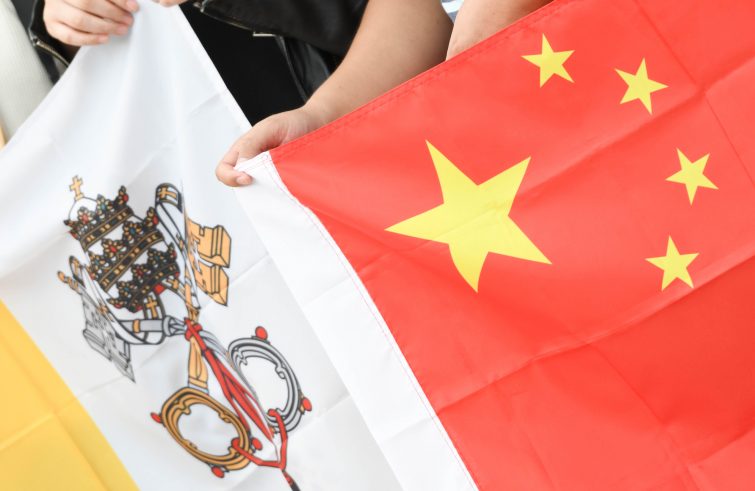
There is still much to be clarified, notably to determine who and why infiltrated the Holy See’s server and computer network. The cyber attack was detected by privately held cybersecurity firm “Recorded Future”, headquartered in Somerville, Massachusetts. The news story appears today also on the homepage of “Examiner”, the weekly magazine of the Catholic diocese of Hong Kong, reporting that the attack originated in China and involved the use of “malware”: an abbreviation for malicious software. In computer security terminology, “malware” refers to any computer program used to interfere with the activity of a computer user.
The weekly “Examiner” reports that Chinese hackers hacked into the Vatican servers as well as into the computers of the diocese of Hong Kong, the Holy See Study Mission in Hong Kong and “other Catholic organizations.” The article also includes a statement by Msgr. Javier Herrera Corona, head of the Holy See Study Mission in Hong Kong. The Vatican representative states that his institution has a long record of cyber attacks, including hoax scams and fraudulent e-mails. However he maintains that he has no evidence of a “specific attack” as claimed by Recorded Future. The only thing that is certain is that it was “malware” planted in an e-mail sent to him by a Vatican official. Monsignor Herrera – according to what the Examiner reports today – refused to comment on the impact that hacking allegations could have on the eventual renewal of the Vatican’s agreement with Beijing. He noted that
the Holy See “does not discuss information regarding the negotiations through electronic media”, suggesting that “the damage caused by any breach would be limited.”
The Holy See Study Mission in Hong Kong is regarded as one of the Vatican’s most strategic missions in the world. It serves as a liaison office with Catholic dioceses in all 33 provinces of the People’s Republic of China. Since the Vatican has not yet established diplomatic relations with China, it has no nunciature in Beijing. Thus in the early ’90s it was decided to appoint a person in Hong Kong, linked to the nunciature in Manila but resident in the city and therefore as near as possible to China. It is basically a “one man office”, with part-time staff mostly carrying out secretarial work and translations from and to Chinese.
Hong Kong therefore plays a strategic role in the relations between Rome and Beijing. In the past the diocese of Hong Kong and China maintained a close exchange of contacts, especially in the area of formation, with teachers from the Hong Kong seminary who regularly went to China to help in the formation of seminarians in seminaries. To this day there are still priests who come and go from the People’s Republic of China where they offer spiritual exercises for the local clergy. Furthermore, many religious congregations, male and female, have their religious institutes and receive vocations in China.
What was Beijing looking for? “I have no idea,” said a source in Hong Kong, contacted by SIR. ” Hacking is unfortunately widespread for all kinds of reasons and at all levels, over and above the Catholic Church. It ranges from the theft of scientific papers to the collection of corporate financial data. As regards the Vatican, the first thing that comes to mind is that they were trying to identify the positions within the Catholic Church with regard to China, to verify whether there is a unified position and, as is often the case, to determine the positions of those individuals involved in various ways. In short, to collect all available information to study the strategy to be pursued in the contacts with the Vatican.” However, if confirmed in its scope, the incident would substantially point to a lack of trust. “If the Vatican and the Chinese government want honest dialogue, it must be based on mutual trust.
Being controlled via hacker attacks shows that unfortunately there is no such trust towards the Vatican”.












